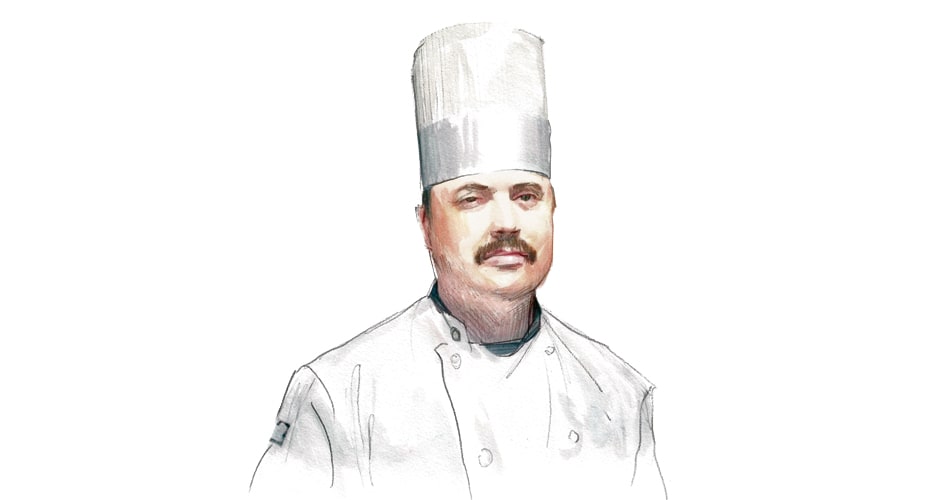
It’s been months since the side-effects of the global pandemic began change the landscape of the restaurant and hospitality industry in ways, we would never think would happen to a core component of the economy.
The direct impact caused by the virus continues to take a toll on hospitality that allows people to gather and share food and drink. In many cases it is unknowingly passed from one person to another with seemingly no regard for whom is the room as we share a meal with friends, celebrate a life moment and even morn a loss.
As the industry slowly creeps towards the winter months where outdoor dining and social distancing is challenging even in warmer climates, colleges and universities are sending students home and corporate dining is dramatically affected by work from home, there is a light at the end of the tunnel.
The development of a highly effective vaccine and the obvious need to gather, as witnessed by the holiday travel ground swell in the US, is an early tell on what our customers are thinking. When we have turned the corner, there is a potential, that it won’t be a ripple but a mad rush back to socializing and getting out of their personal bubbles. The question will be, is the industry ready?
A matter of survival
In either case, our success will be dependent on what we do now. Many operators are at a crossroad. Can they survive until then? They are still facing the reality of more shutdowns, less revenue and no concrete relief funding in the near future. They are struggling with either closure, reinvention, going deeper into debt or even the threat of prosecution for violating local laws enacted to protect the population. Regardless of which side of the fence one is on, staying open or closing one thing has not changed, the issues we had in the industry prior to Covid-19 are still there.
There is no question of if consumers want to return to procuring the products and services offered by the hospitality industry. It is how fast and to what degree or level of engagement they want. It will be up to the industry from the supply chain to human resources across all segments as a whole to come together to solve the deeper industries issues and be prepared to meet the need for society to emerge from self-isolation to gathering.
We need to address how our food is produced and supplied to foodservice operators. Once arrived how can we produce it effectively in smaller spaces with a different looking staff who are currently disfranchised from the industry. Finally, consumers will have less choices due to closures but with higher demands of quality and a level of expectation as reason to venture out and choose one operator over the other. They have had time to explore and by doing so have a completely new view of a dining experience from ordering, delivery and ease of transaction in a virtual world.
It will require the operators in cooperation from suppliers, manufacturers, consultants, industry organizations and media to change not just restaurants but non-commercial foodservice to share best practices and engage one another to solve the issues we can’t shy away. We need as a unified industry to mitigate the impact on the environment such as good agricultural practices and energy and water use. We have a moral responsibility to create living wages and welcoming work environments for a highly diversified workforce. Embrace technology to manage the customer experience allowing the human element of hospitality to be foremost. Coming together is the only clear path to recovery.
John Reed CEC, CCA, AAC, Certified Cicerone
